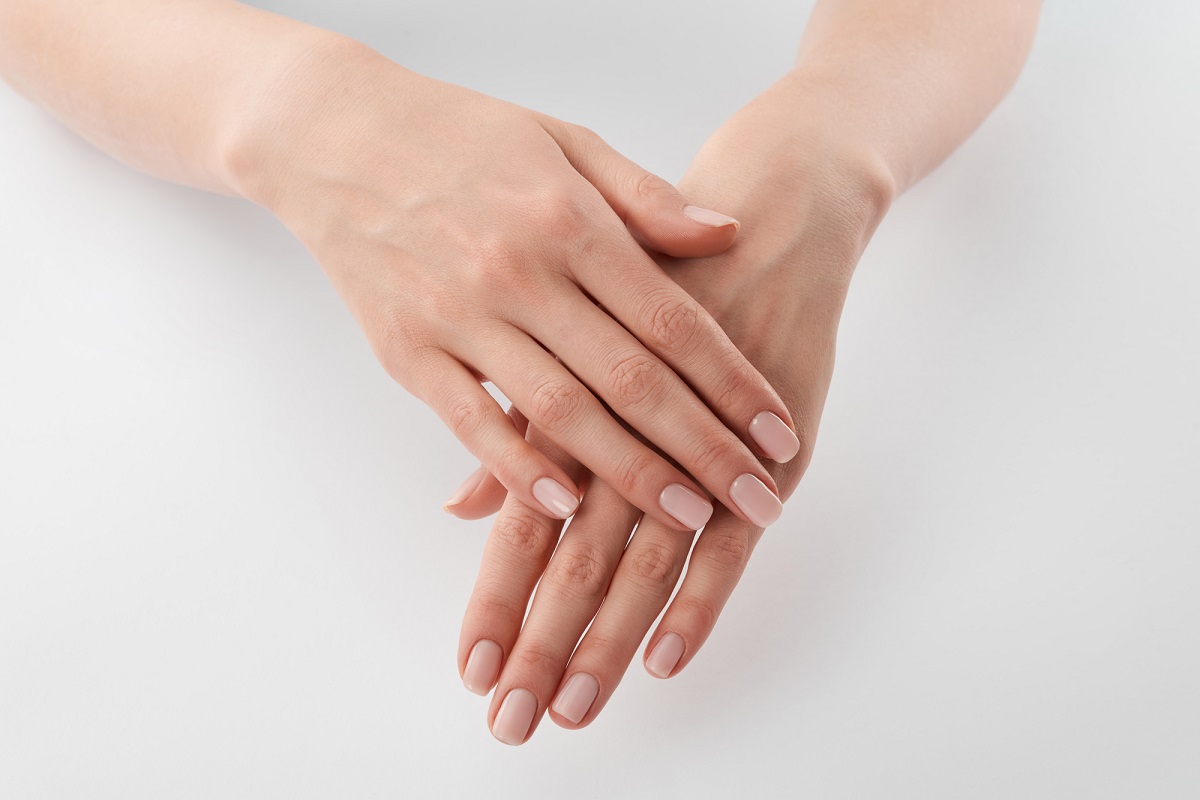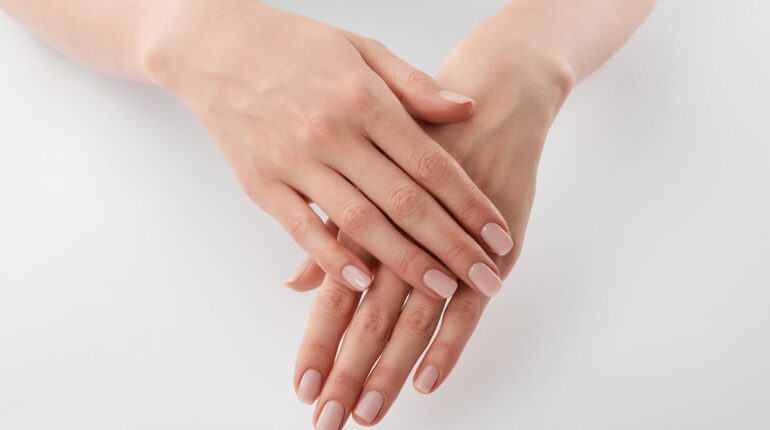Infections in any part of the body are to be avoided, right? We do all we can to keep our bodies healthy – but how to prevent skin infections?
There are, fortunately, a great many things that we can do to keep ourselves healthy and to prevent skin infections. Read on, for our best tips!
How To Prevent Skin Infections

Although it’s highly unlikely you’ll never go your whole life without some sort of infection, preventing them is relatively easy.
- Keep clean. Washing your hands well and frequently is key to preventing the bacteria that cause infections from taking hold on your skin.
- Wash wounds straight away. Whether it’s a cut, a scrape or an itchy insect bite, wash an area that has been wounded as soon as possible.
- Cover any wounds with a plaster. Any area of the skin that has been damaged can attract infection, so cover them to prevent bacteria from entering.
- Do not share intimate items. Washing equipment such as soap and razors, or items such as clothing and toys, should be kept to yourself, to minimise infection risks.
- Avoid touching someone who has an infection. Anyone with an active skin infection should stay at arm’s length, to avoid contamination.
- Always wear shoes at places like the gym or the pool changing rooms (just remember to remove them before you actually get into the pool!)
- Wear moisture-wicking clothes. Bacteria and fungus can be attracted to warm, damp areas, so keep sweating and chafing to a minimum.
- Shower regularly. Keeping your body clean will help to minimise the risks of a skin infection.
Although it is nearly impossible to avoid getting a skin infection, taking steps like the above will drastically reduce your chances of getting one.
Here’s a detailed article explaining about different situations for skin infections.
What Are The 4 Signs Of Skin Infection?
If you have never had a sin infection, you may not know what to look out for. Thankfully, there are some telltale signs that you need to take action:
- Pus. If you notice your wound starting to ooze clear or yellowish, sludgy liquid, it is a clear sign that there is infection.
- Reddening. Some reddening of the skin is normal, but if it gets much more noticeable then your body is definitely trying to fight something off.
- Tracking. This is where a red line starts at the edge of the wound, and starts to make its way further from the site. This should be taken very seriously, as it can be a sign of blood poisoning.
- Sores. Blister-like sores around the wound is another telltale sign that an infection is definitely present.
- Pain. Pain with a wound is completely normal, but pain that gets worse and worse and isn’t getting better is a cause for concern.
- Fever. If you develop a fever then you know for sure that your body is trying to fight off an infection.
Ok, I know that is more than 4 signs of infection – but these are all very useful things to take note of if you see them, because you may need medical attention.
Why Do I Keep Getting Skin Infections?
There are many reasons why people develop skin infections – from substandard hygiene to a weakened immune system.
One common cause is if the skin rubs together in moist areas, such as between the thighs or under the arms.
If your immune system is weakened, your body won’t be able to fight off small infections as well, so you may be more prone to them.
Being dismissive of small cuts and wounds can lead to increased infections – it doesn’t make you less many to wash your hands immediately you get a scrape!
Keep yourself clean, especially areas that have been damaged in some way – one of the most common places for skin infections is the hands and arms.
If the blood supply to an area is compromised this can lead to increased infections, as the blood is needed to help the area heal.
How Do You Get Rid Of Skin Infections Naturally?
If you have an infection, there is lots that you can do naturally that means you should be able to avoid antibiotics and doctors.
- Tea tree. This is an essential oil which is an antiseptic and antifungal treatment which is great for the skin – it does need to be diluted in carrier oil before applied.
- ACV. The humble cider vinegar can be taken orally for general health, or it can be applied topically to an affected area.
- Turmeric. The powdered root of turmeric has been used for centuries – it is anti inflammatory, antimicrobial and antifungal.
- Coconut Oil. This is a fantastic natural skin infection remedy – it is very high in vitamin E, which is incredibly good for the skin.
- Aloe Vera. This is the ideal skin infection treatment – it is soothing, plus antibacterial and antioxidising. It can also be taken internally to support the digestive system.
Here’s a really interesting video showing you how to make a herbal skin cream for lots of different conditions:
What Should I Eat If I Have A Skin Infection?
What you put into your body has a direct impact on the health of your entire system – and this includes skin infections.
It is definitely a good idea to overhaul your diet as well as your hygiene if you are getting repeated infections – we really are what we eat! Go for antioxidant foods rich in vitamin C, and enough garlic to slay a vampire.
If you have an infection and you are trying a holistic approach, the best thing to do is to eat non-inflammatory foods.
Foods which contain vitamin C are a great bet – vitamin C is essential for a good immune system to help your body fight off infections.
Antioxidants are another good thing to go for – these are most often found in fresh fruits and veggies, so get that stir fry going!
If you have an infection, it is best to avoid inflammatory foods, and those which contain certain things which are not good for the health.
Garlic is one of our best natural antibacterials, so stuff as much of that in as you possibly can, and it will help your body to fight then infection better. Thankfully we can now get garlic tablets so we can still have friends!
Sugar, dairy and gluten can cause the body to react in an inflammatory way, and these should be avoided.
Final Words
Skin infections can be painful, unsightly and debilitating, and no one wants to be getting them repeatedly as it takes a toll on the immune system.
Practicing good hygiene and preventative measures is the best thing, but now you have some ideas about what to do if you do get one as well.



